What Is Bitter Leaf – Learn About Vernonia Bitter Leaf Plant Care
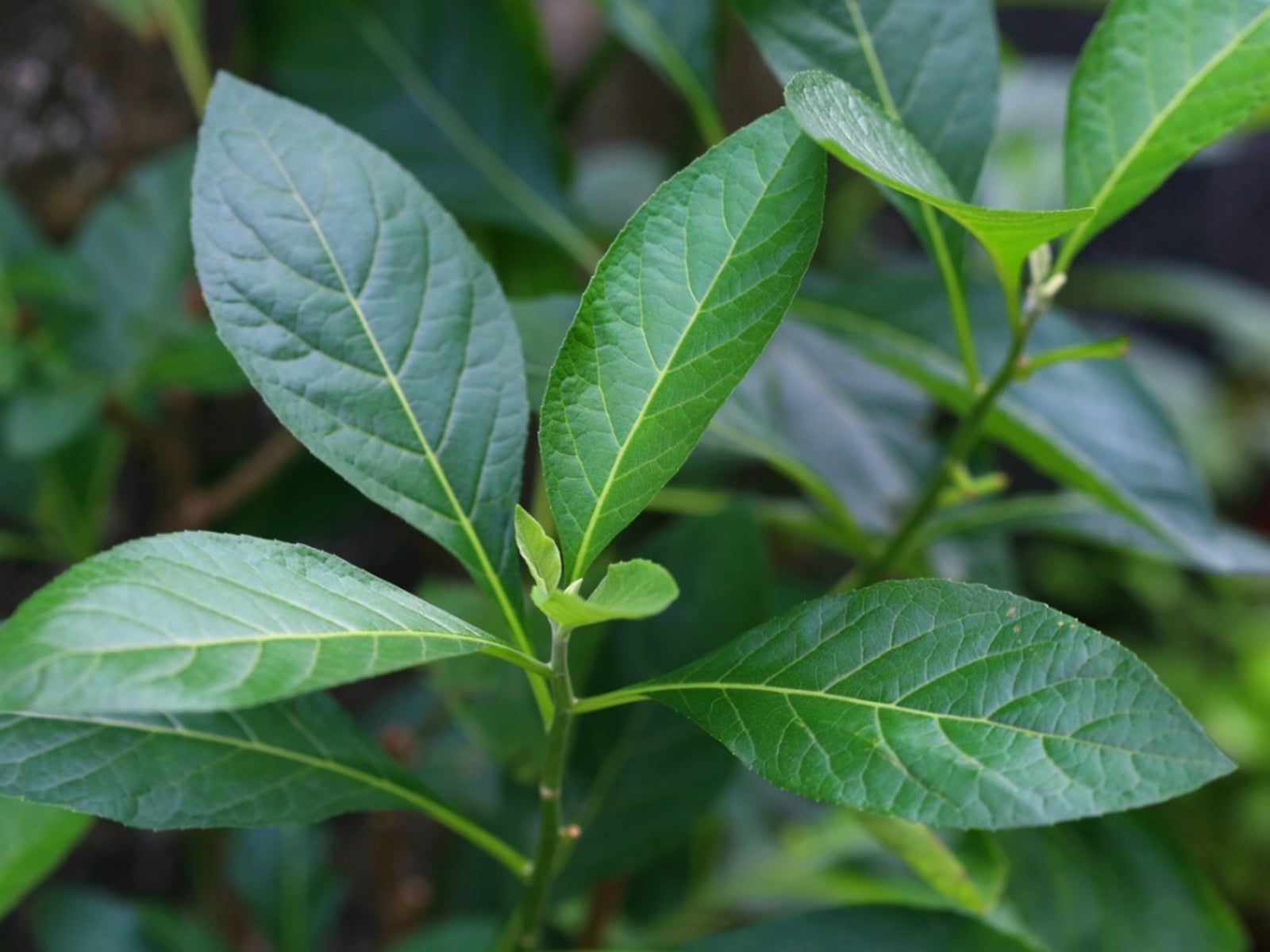

Multipurpose plants enhance the garden and our lives. Bitter leaf vegetable is one such plant. What is bitter leaf? It is a shrub of African origin that has uses as a pesticide, timber tree, food, and medicine, and its blooms produce a light colored honey. This very useful plant is cultivated and sometimes processed for trade internationally.
Growing Bitter Leaf
If you live in a warm climate you might try growing bitter leaf. The leaves are found in markets in west and central Africa, usually in dried form, but sometimes fresh on branches. The locals use them as a vegetable, added to soups and stews or eaten raw. The twigs and roots are also chewed on. The uses of bitter leaf plant are broad and diverse.
What is Bitter Leaf?
Natives of parts of Africa are very familiar with bitter leaf, or Vernonia amygdalina. It grow wild along water ways, in grassland or at the edges of forests. The plant needs full sun and grows best in a humid site. It can grow as a tree but is usually pruned to a shrub. Without pruning it can get up to 32 feet (10m.). It has fissured grayish brown bark and oblong, lance shaped green leaves with red veins. The flower heads are white and have numerous petals. A yellow fruit is produced called an achene, which is surrounded by short, brownish bristles. When it’s ripe it turns brown. Growing bitter leaf from the seed is possible but is a slow process. In processing situations, it is most often grown from stem cuttings for faster plants.
Uses of Bitter Leaf Plant
The bitter leaf vegetable can be used in many dishes or just chewed raw. It tends to have a bitter taste and must be washed thoroughly to minimize that flavor. It is this bitterness that makes it an excellent pest repellent. As a natural pesticide it repels a wide range of insects. The twigs are chewed and have periodontal benefits. As a medicine it can treat stomach problems, hepatitis, nausea, malaria, and fever. It is also widely used as an anti-parasitic. The wood is used as firewood and made into charcoal. The branches are naturally resistant to termites and used as fence stakes.
Bitter Leaf Plant Care
To try growing bitter leaf, it is best to have a cutting. Once this has rooted, bitter leaf plant care is minimal because it repels most insects and has few disease issues. Although it prefers a humid environment it is also moderately drought tolerant once established. Young plants should receive protection from full sun but older plants like a full sun location. The shoots and leaves may be harvested for 7 years but consistent harvesting will prevent flowering and fruiting. The young leaves are very bitter but tender, while the older leaves have less astringency and are best for drying.
Gardening tips, videos, info and more delivered right to your inbox!
Sign up for the Gardening Know How newsletter today and receive a free copy of our e-book "How to Grow Delicious Tomatoes".

Bonnie Grant is a professional landscaper with a Certification in Urban Gardening. She has been gardening and writing for 15 years. A former professional chef, she has a passion for edible landscaping.
-
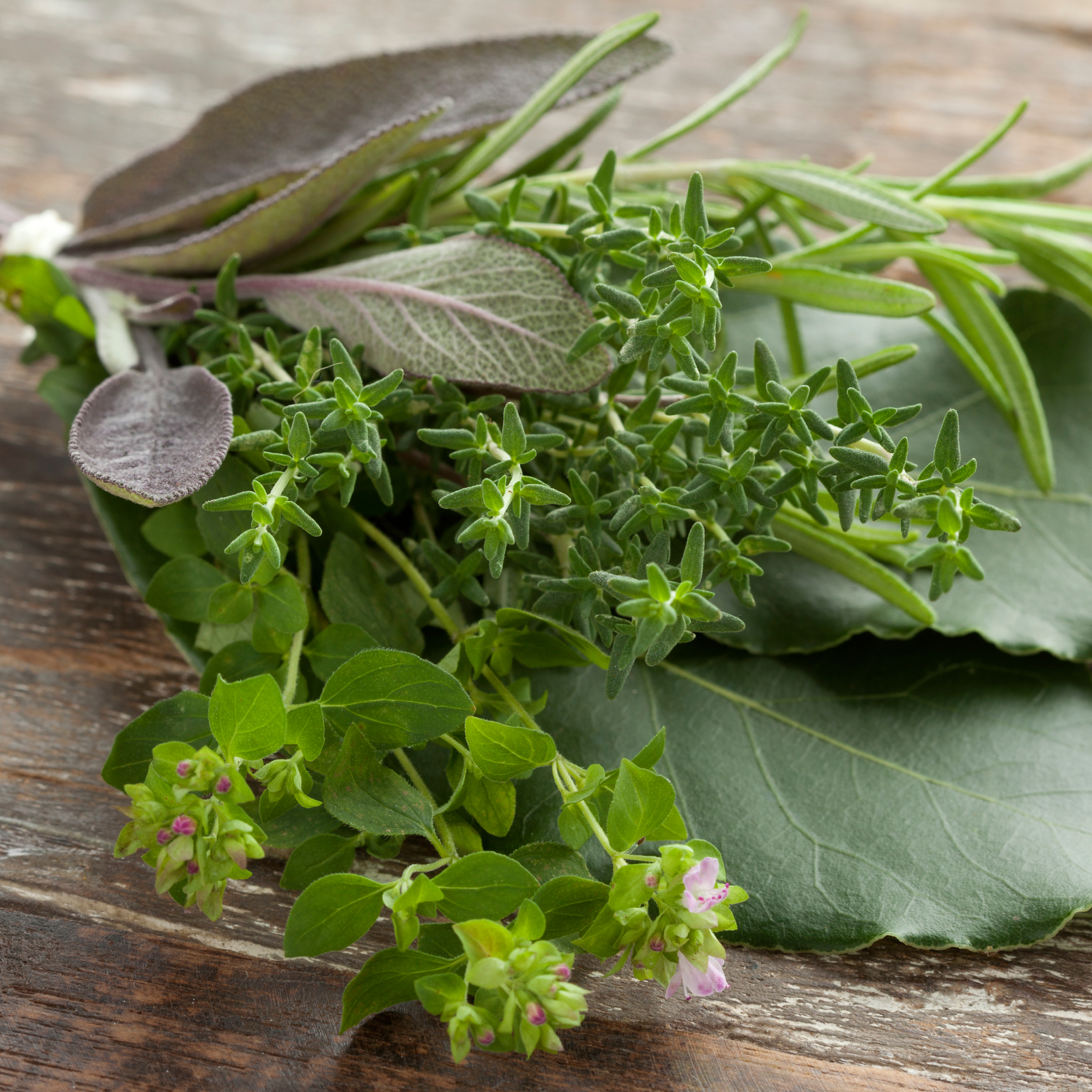 How To Make A Bouquet Garni Or Herb Bundle For Cooking
How To Make A Bouquet Garni Or Herb Bundle For CookingIf you’re a great cook, you may have made an herb bundle before. If this is a new idea, learn how to add sparkle and interest to your dish with a bouquet garni.
By Amy Grant
-
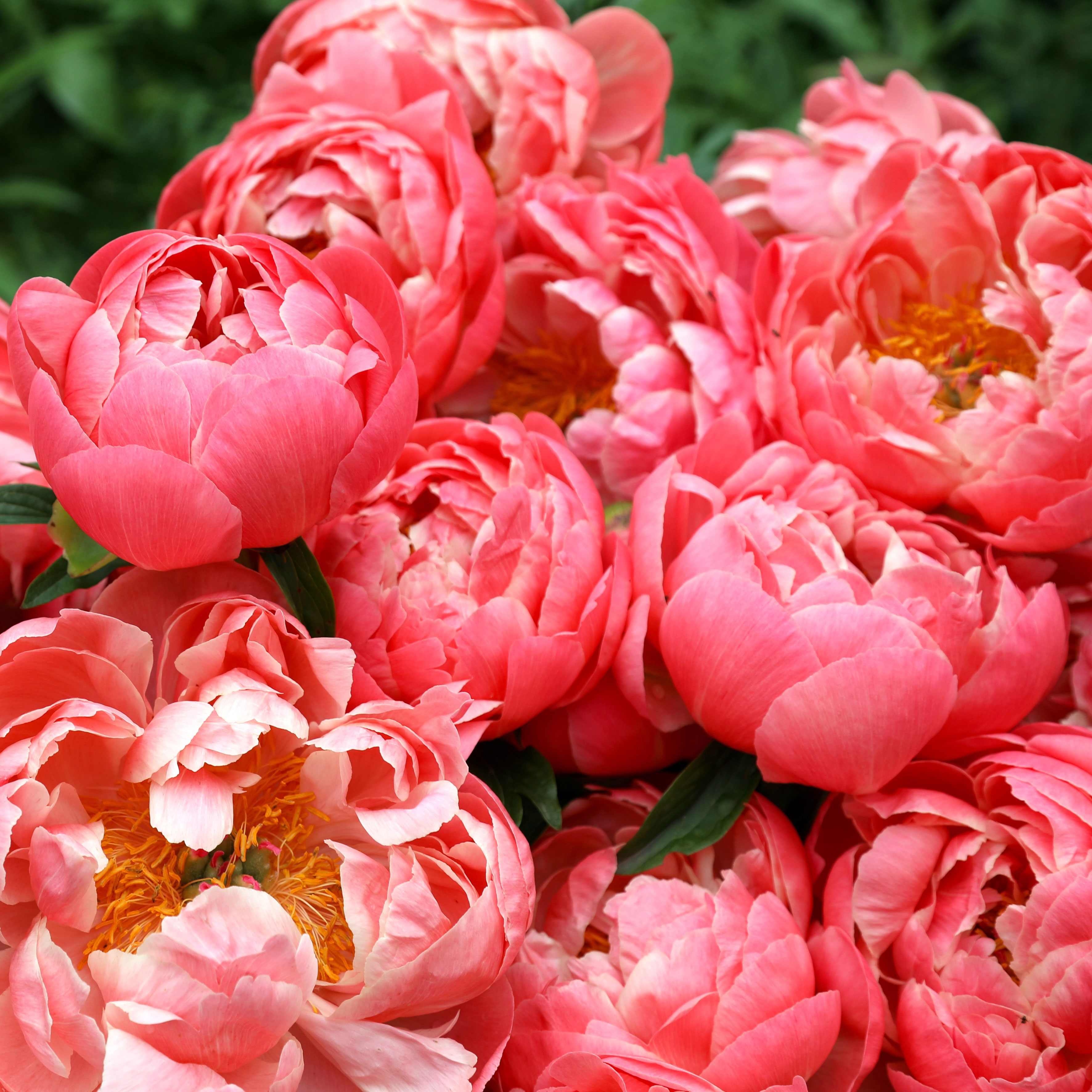 ‘Coral Charm’ Peony Care For Sublime Semi-Double Peonies With Lush Salmon Pink Flowers
‘Coral Charm’ Peony Care For Sublime Semi-Double Peonies With Lush Salmon Pink FlowersPeonies are known for their soft baby pink or magenta tones, but if plushy coral blooms are your thing, here’s our guide to the ultimate ‘Coral Charm’ peony care
By Tonya Barnett
-
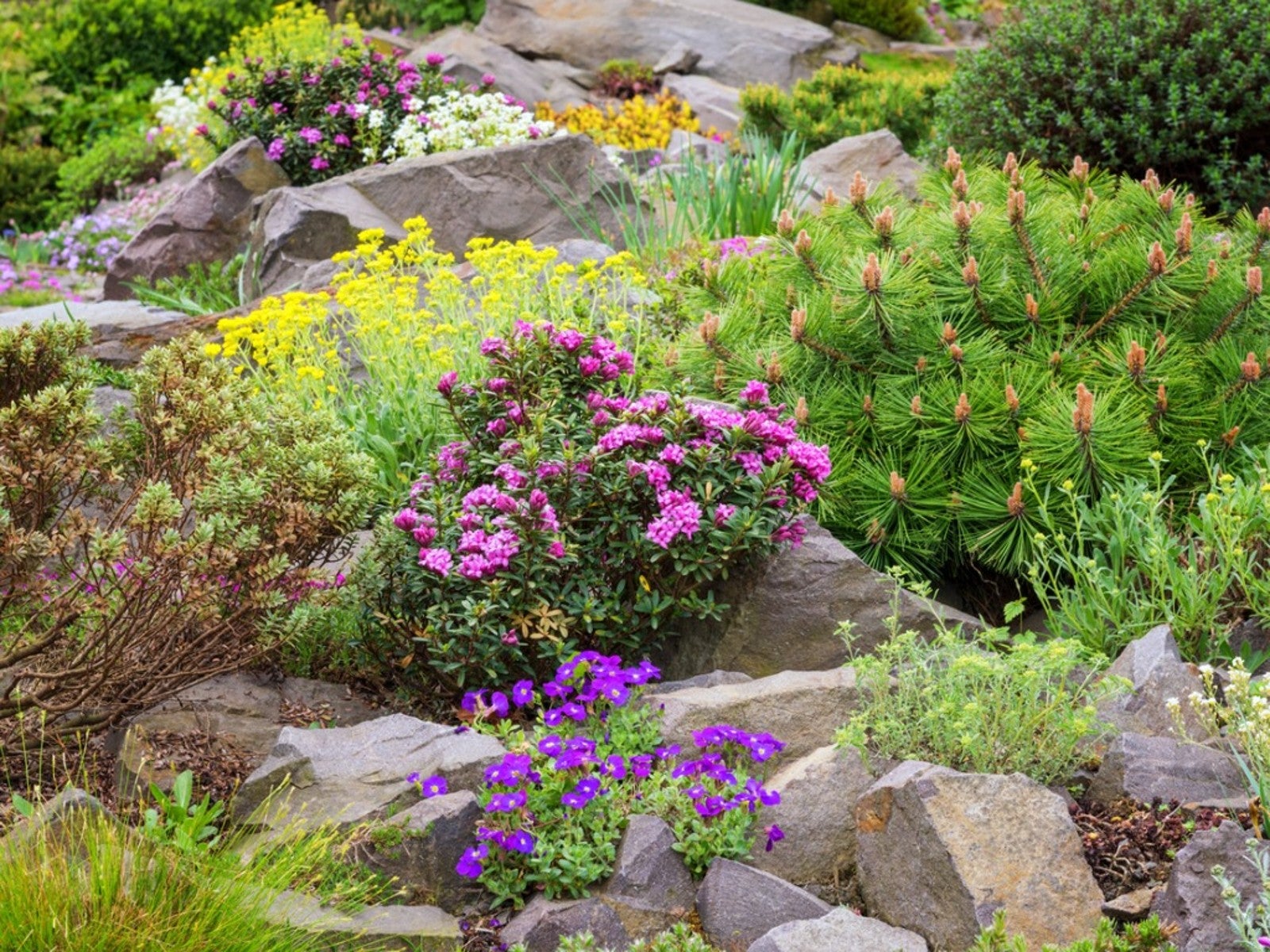 Best Short Bushes For Erosion Control
Best Short Bushes For Erosion ControlErosion is a serious problem that can be solved with the right plants. Read about some low-growing shrubs that can help with erosion control.
By Bonnie L. Grant
-
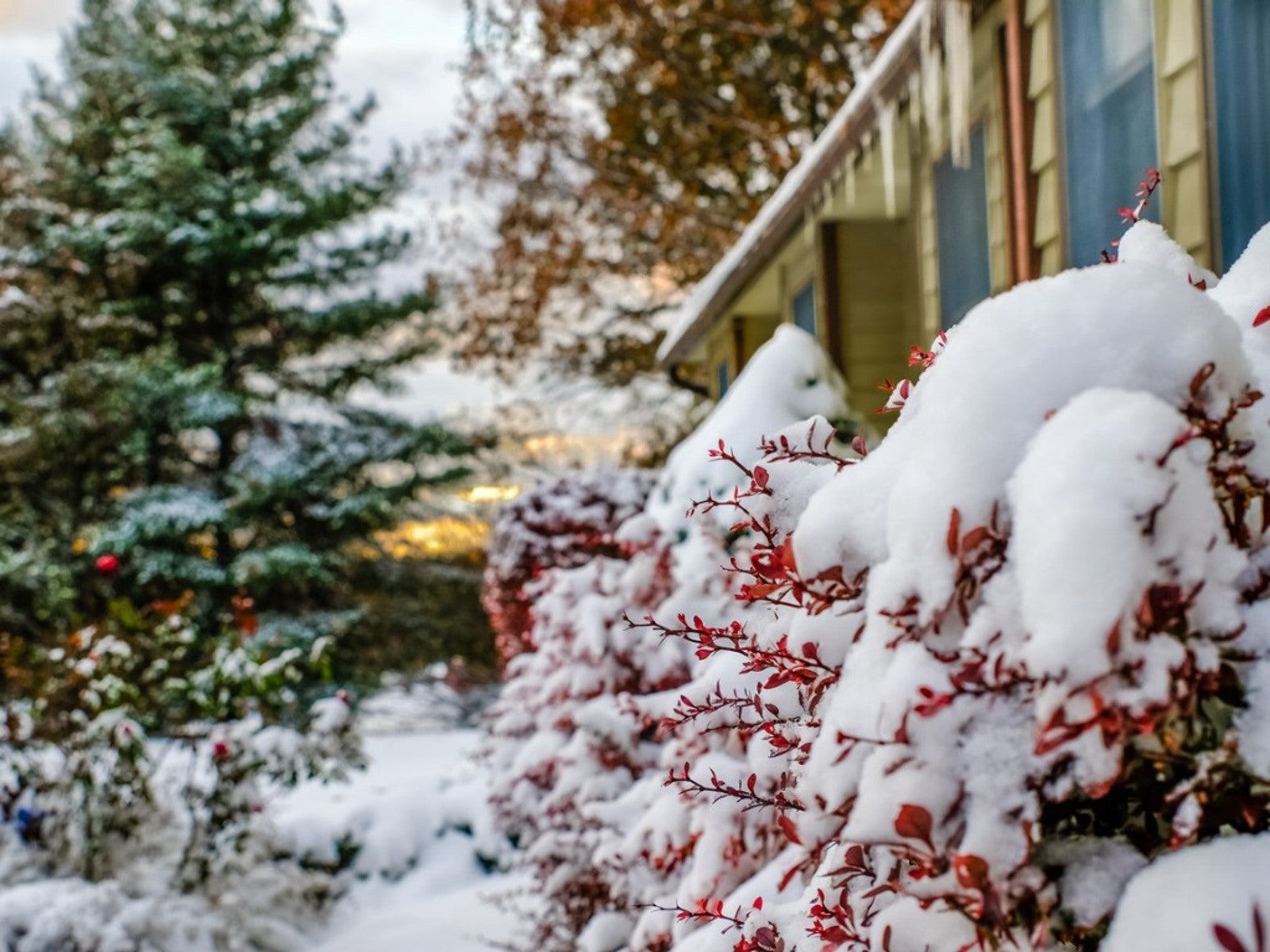 Super Hardy Shrubs And Trees For Northern Climates
Super Hardy Shrubs And Trees For Northern ClimatesWhat are the most cold hardy shrubs and trees for northern climates? Click here to find out.
By Teo Spengler
-
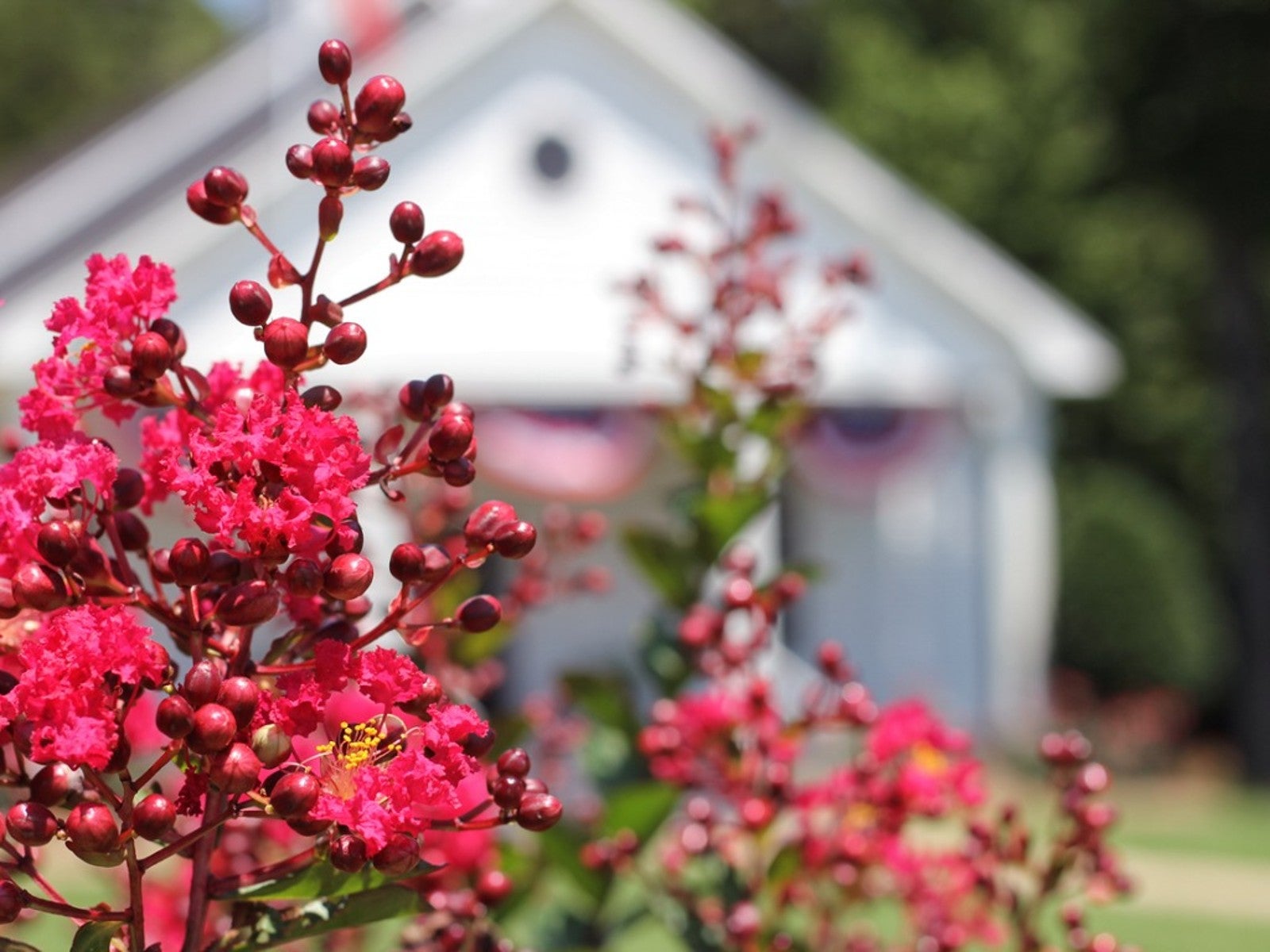 Flowering Shrubs That Like Full Sun And Heat
Flowering Shrubs That Like Full Sun And HeatSome types of flowering shrubs love full sun and summer heat. Read on for full sun shrub suggestions.
By Teo Spengler
-
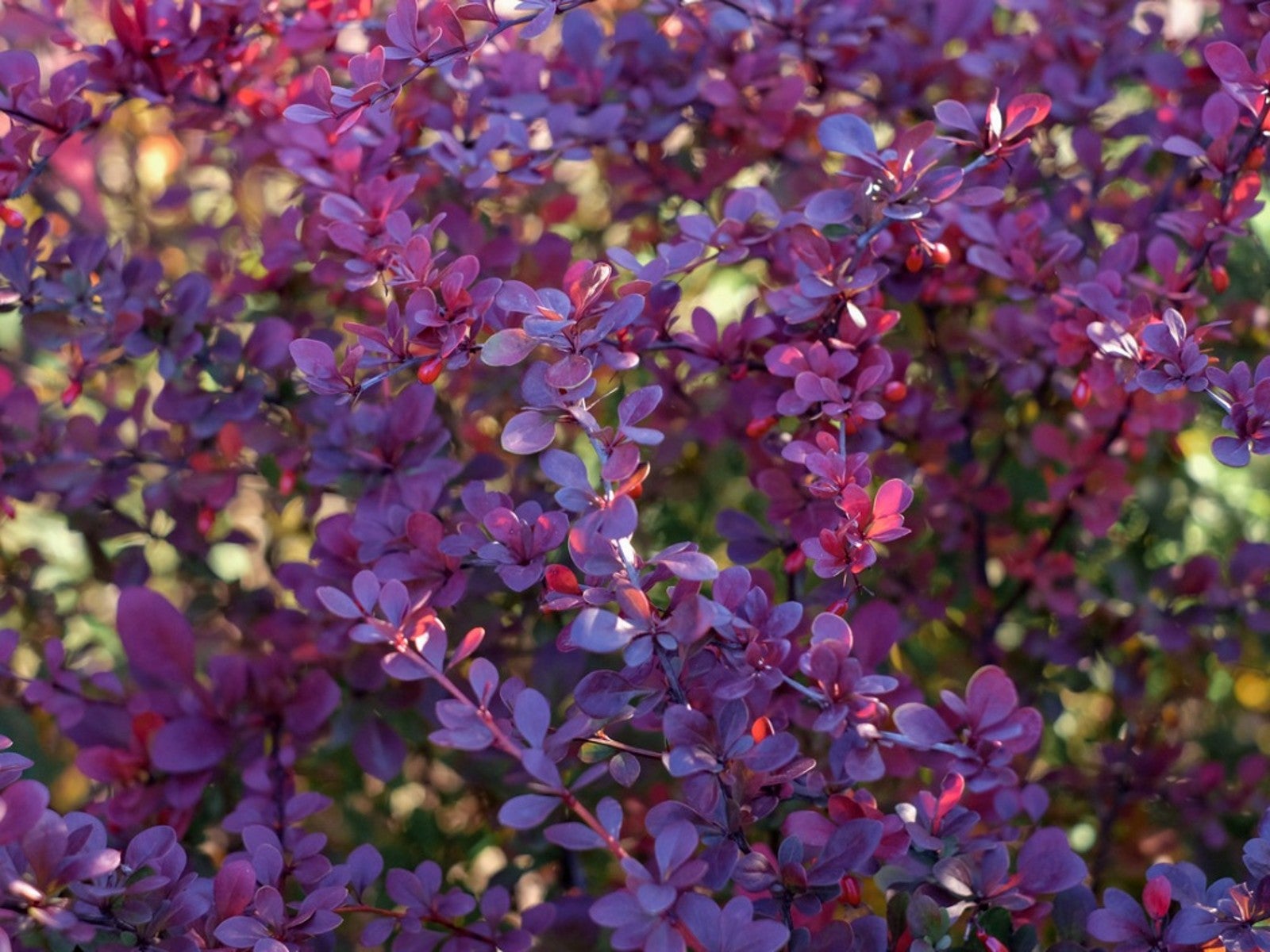 Types Of Shrubs With Purple Leaves
Types Of Shrubs With Purple LeavesIn a garden full of greens and pastels, many gardeners use purple bushes and shrubs for a touch of drama. Here are our favorites.
By Teo Spengler
-
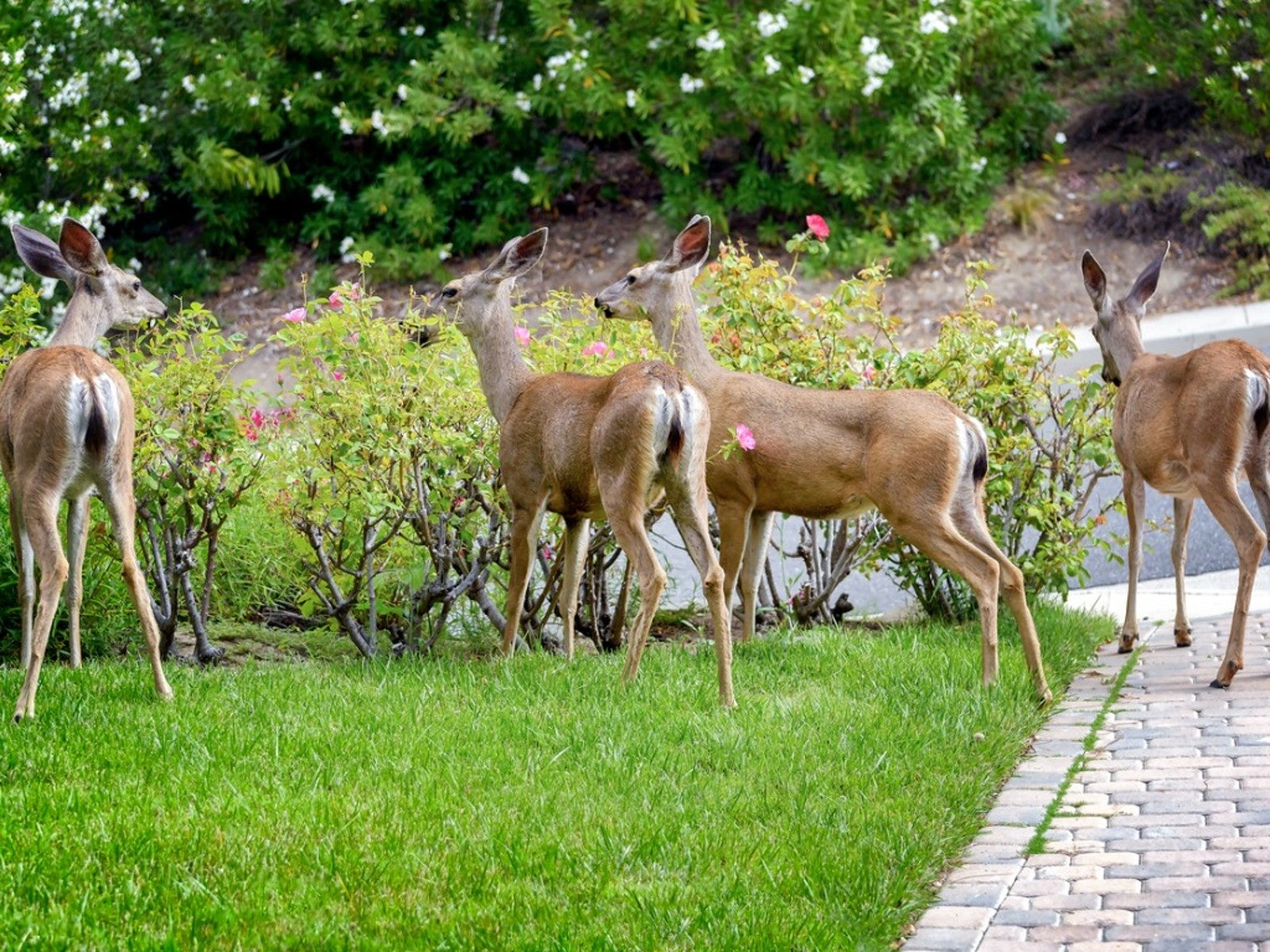 Flowering Shrubs That Are Deer Resistant
Flowering Shrubs That Are Deer ResistantThere is almost nothing a deer will not eat if it is hungry enough, but some plants are better than others. Read on for information on flowering deer resistant shrubs.
By Teo Spengler
-
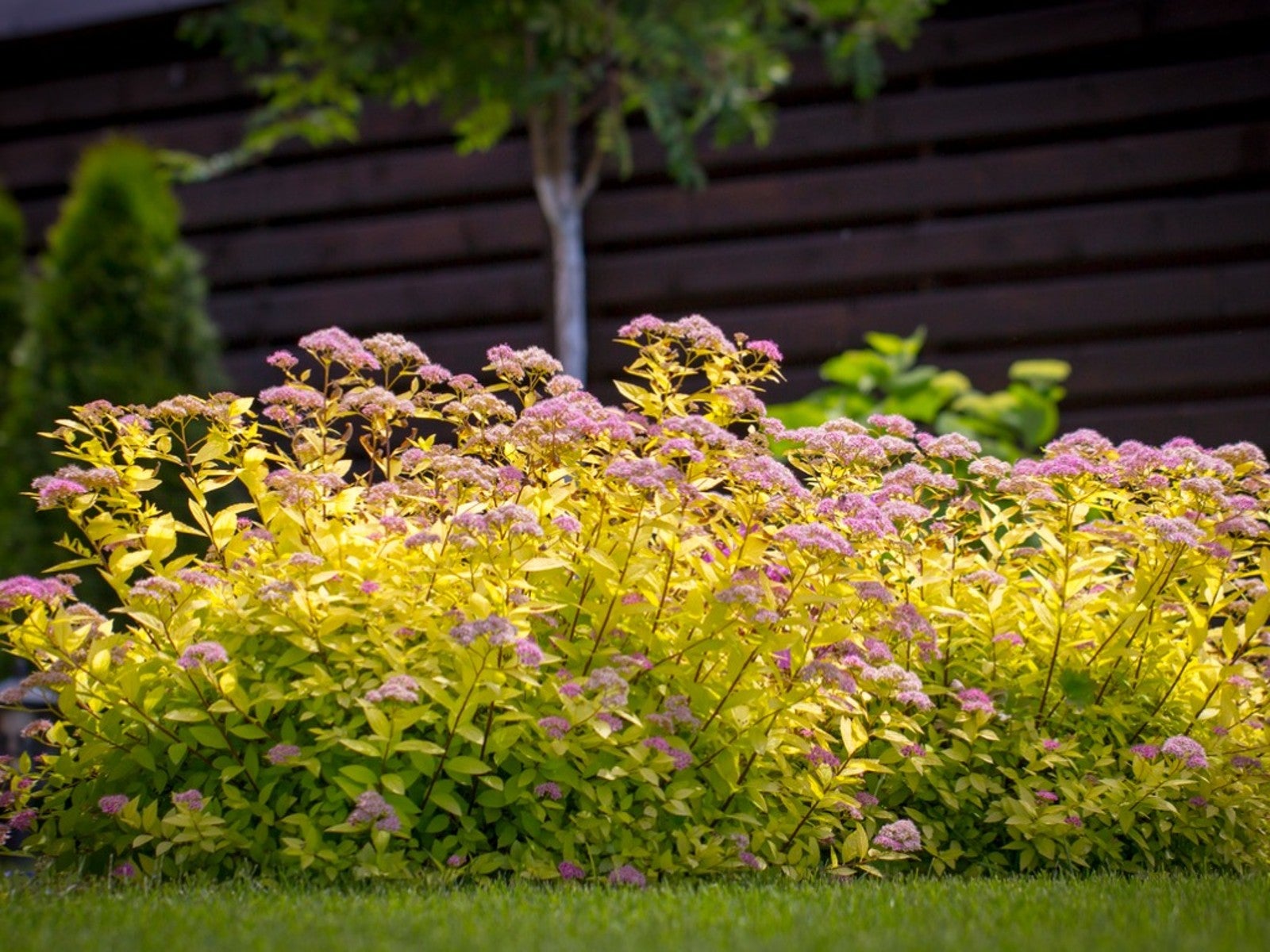 Blooming Invasive Bushes To Avoid
Blooming Invasive Bushes To AvoidWhen it comes to pretty flowers on honeysuckle, scotch broom, and butterfly bush, invasiveness hasn’t always mattered. Today, gardeners know better.
By Mary Ellen Ellis
-
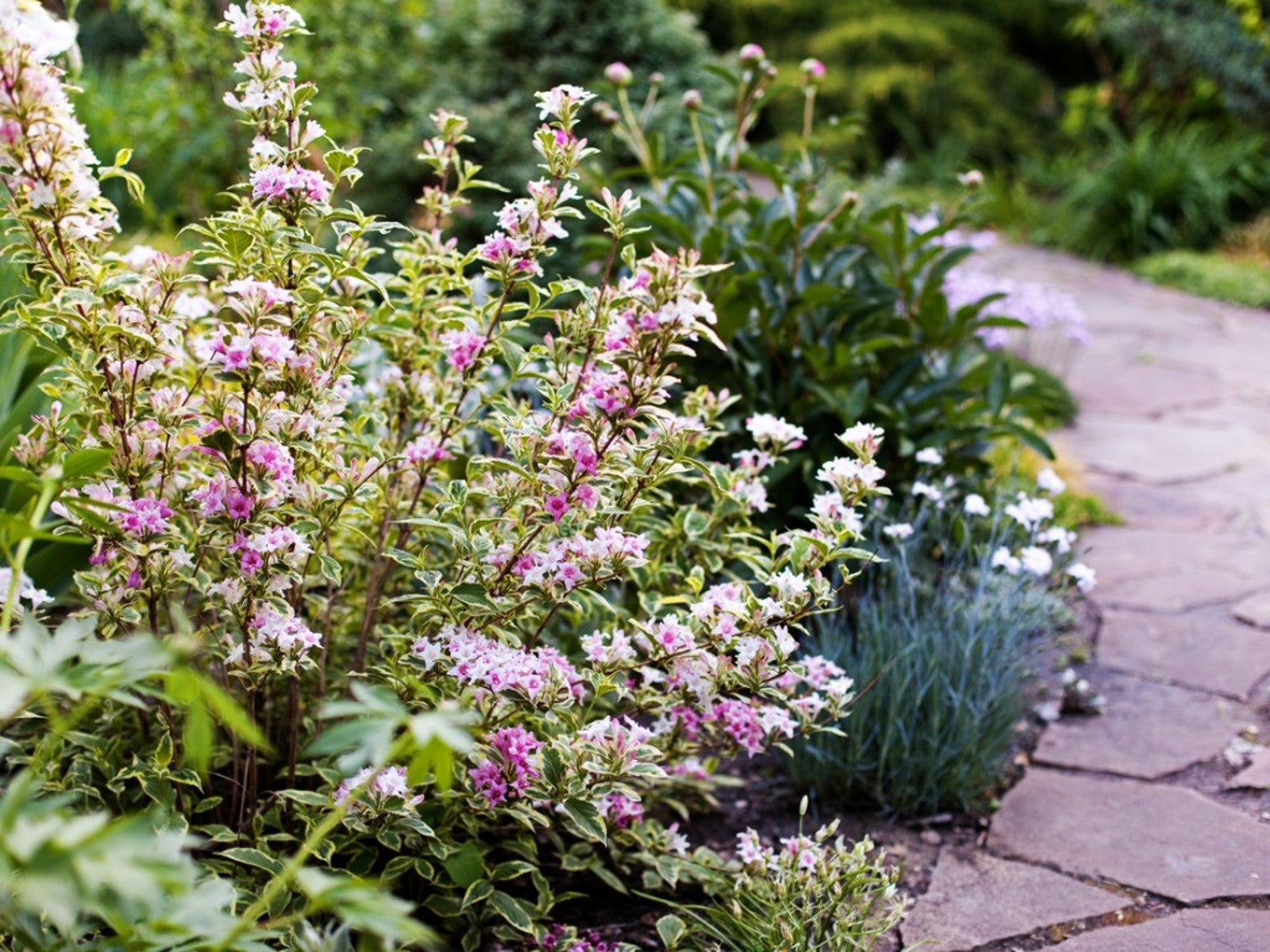 Easy To Care For Flowering Bushes
Easy To Care For Flowering BushesFlowering shrubs are a joy in the landscape, but many gardeners worry about maintenance. Read on for ideas on easy care flowering bushes.
By Teo Spengler
-
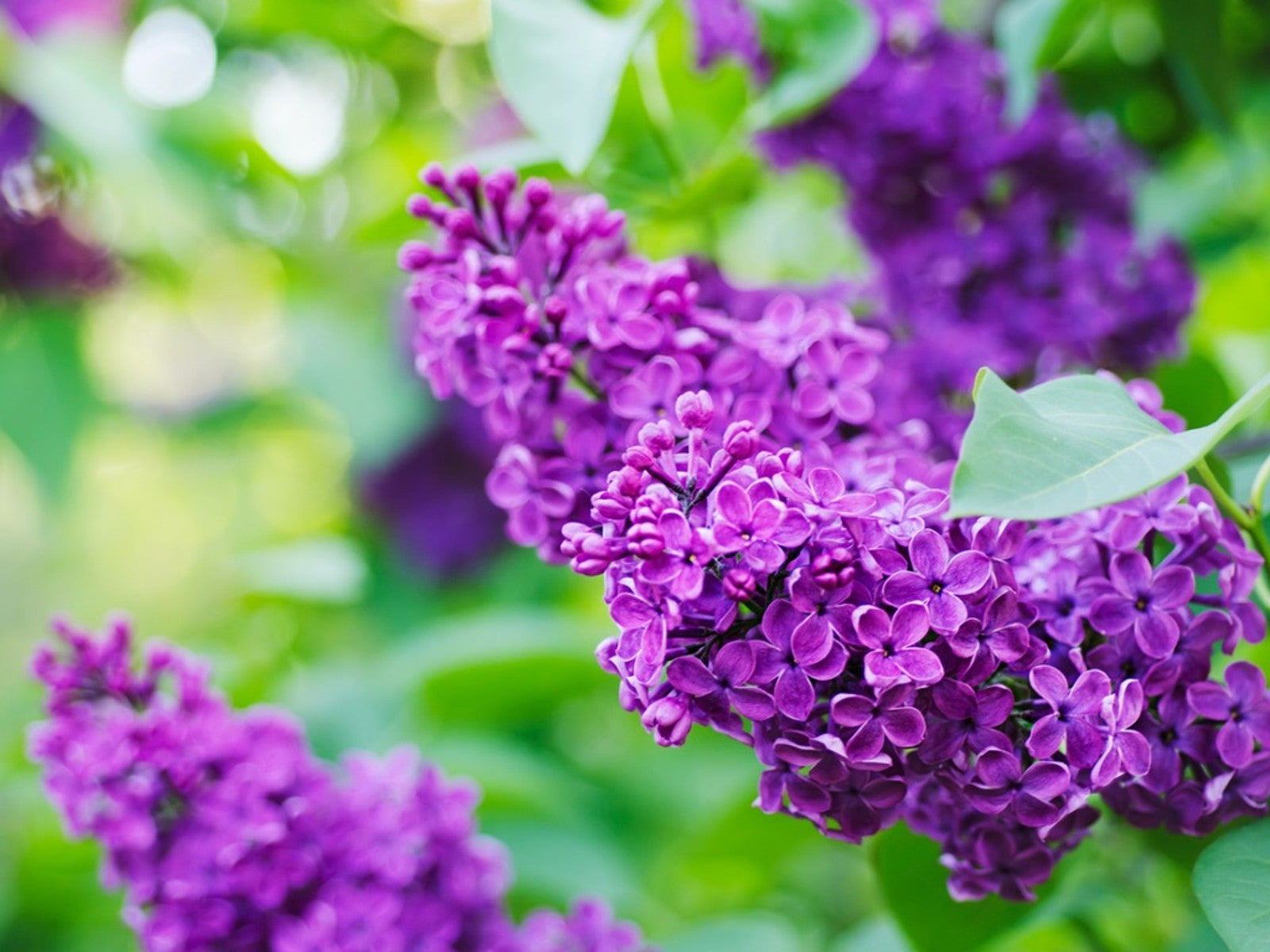 Pretty Purple Flowering Shrubs
Pretty Purple Flowering ShrubsAll flowering shrubs add interest and color to the garden, so why not pick purple? Here are our top recommendations.
By Teo Spengler